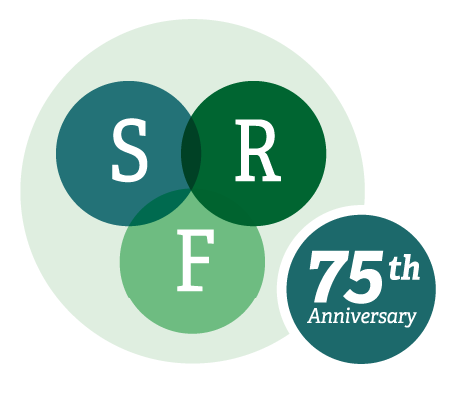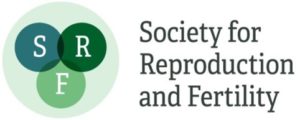SYNOPSIS OF CAREER / RESEARCH INTERESTS
After obtaining my general honors BSc in Chemistry and Botany I held posts in industry and teaching in England.
I moved to the University of Illinois in 1960 where I obtained my PhD in Reproductive Physiology with AV Nalbandov as my supervisor. I then remained on the faculty at Illinois for several years. In 1971 I moved to the Department of Steroid Biochemistry in the University of Glasgow based in Glasgow Royal Infirmary from which I retired in 1998.
My main research interests were in the synthesis and action of ovarian hormones and sexual differentiation. I also maintained an interest in marsupial reproduction.
In 1984 and 85 I was a member of the team conducting project site visits to family planning institutes in China that were financed by WHO.
CAREER HIGHLIGHTS
After I returned to the UK I became involved in supporting the activities of the SSF and JRF [the precursors of SRF] and the Society for Endocrinology. I was a member of the Council of Management of JRF from 1978-85 and a member of the Committee of SSF from 1978-80. I served on the Editorial board of the Journal of Endocrinology for ten years from 1978. In 1980 I was elected Business Secretary of SSF and served for five years. I was Conference Secretary of the SSF meetings held in Glasgow in 1979, 1992 and 1998. I was also conference Secretary for the Annual conference of the Society for Endocrinology held in Glasgow in 1989. When Anne McLaren became Foreign Secretary of the Royal Society in 1991 she asked me to take over as Chairman of the Council of Management of JRF, a post I held until I retired in 1998. During this time I initiated with Allan Templeton, Chairman of SSF, the merger of JRF and SSF, a task that was completed by our successors David Whittingham and Alan McNeilly to give the present SRF.
VALUE OF SRF MEMBERSHIP
The SSF always held convivial meetings at which papers by young investigators were encouraged and which gave them experience in describing their work to a sympathetic audience. The Society also provides funds for workers to attend meetings or undertake projects which otherwise might not be possible. The meetings also provide the opportunity for established investigators to keep up with the latest developments in the field.


Recent Comments